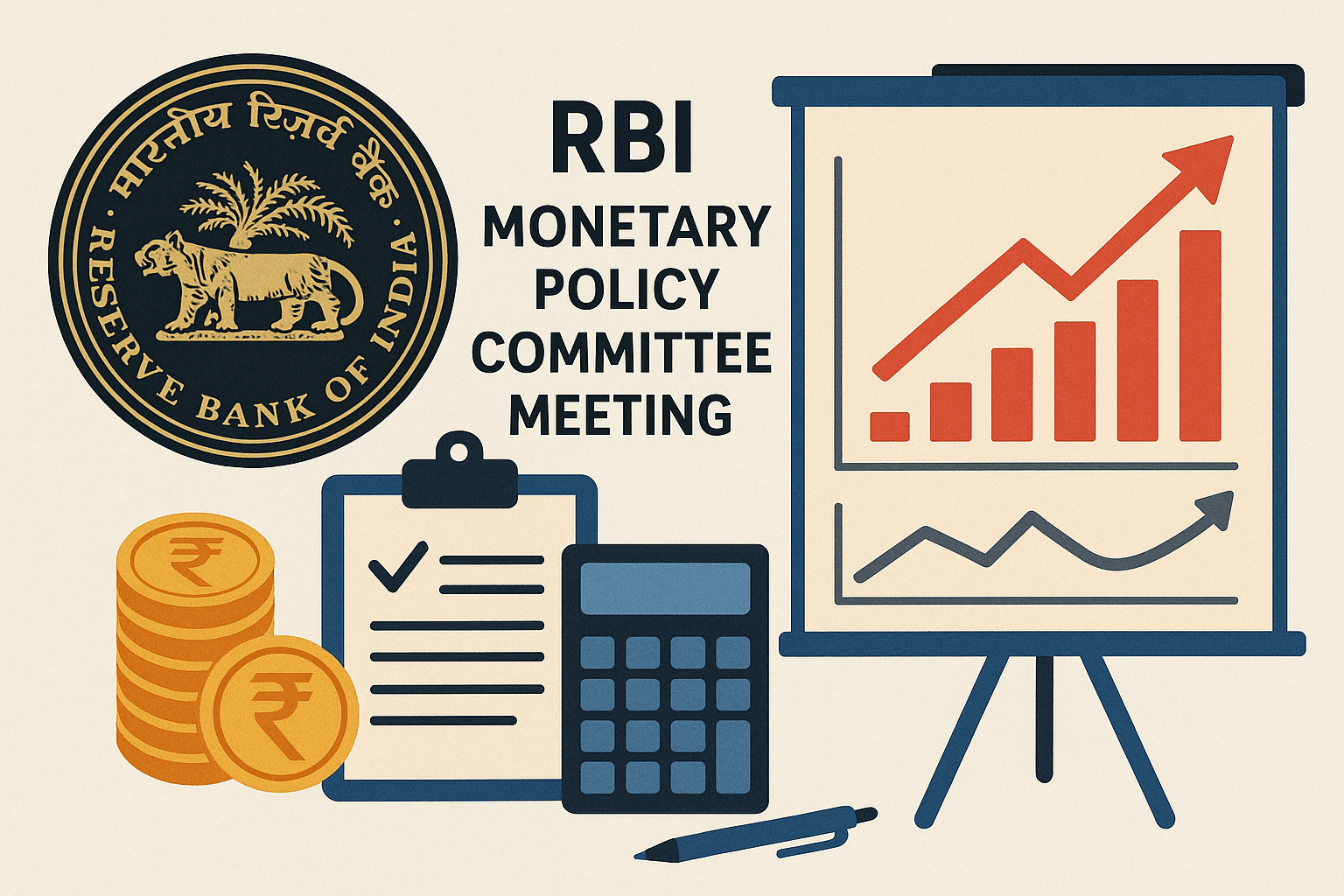The Waqf (Amendment) Bill, 2024, has been a focal point of debate in Indian parliamentary proceedings. Introduced to address longstanding challenges in the management of Waqf properties, the bill proposes significant amendments to the Waqf Act, 1995. Below is an in-depth analysis of the bill’s objectives, provisions, controversies, and its potential implications.
What is the Waqf (Amendment) Bill, 2024?
The Waqf (Amendment) Bill, 2024, aims to streamline the administration and management of Waqf properties in India. Waqf refers to a charitable or religious endowment under Islamic law, often involving property dedicated for purposes such as maintaining mosques, madrasas, or orphanages.
Key Objectives of the Bill
Enhance transparency and accountability in Waqf property management.
Introduce technology-driven reforms for better record-keeping.
Address legal disputes and inefficiencies in the current system.
Ensure inclusivity by restructuring Waqf boards and councils.
Key Provisions of the Bill
| Feature | Current System | Proposed Changes |
|---|---|---|
| Formation of Waqf | Allowed through declaration, long-term use (Waqf by user), or endowment (Waqf-alal-aulad). | Removes Waqf by user and mandates that only practicing Muslims for at least five years can declare Waqf. |
| Survey of Properties | Conducted by a Survey Commissioner. | Replaces Survey Commissioner with a District Collector for better oversight. |
| Composition of Boards | Exclusively Muslim members with representation from Shia and Sunni communities. | Includes two non-Muslim members; ensures representation from backward classes and women. |
| Dispute Resolution | Decisions by Waqf tribunals were final. | Allows appeals against tribunal decisions in High Courts for greater judicial oversight. |
| Mandatory Registration | No strict timeline for registration of properties. | Requires registration on a central portal within six months to enhance transparency. |
| Inheritance Rights | Not explicitly protected in Waqf-alal-aulad. | Protects inheritance rights of heirs, including women, before property dedication as Waqf-alal-aulad. |
Controversies Surrounding the Bill
Inclusion of Non-Muslims:
The bill mandates non-Muslim representation in both central and state Waqf boards, which has been criticized as interference in Muslim affairs.
Removal of ‘Waqf by User’:
Eliminating this provision could affect properties historically recognized as Waqfs without formal documentation.
Government Oversight:
Empowering government officials like District Collectors to survey properties has raised concerns about potential misuse.
Inheritance Rights:
While protecting women’s inheritance rights is seen as progressive, critics argue it complicates traditional practices.
Centralization vs Local Autonomy:
Opposition parties have labeled the bill as centralizing control over Waqfs, undermining local administrative autonomy.
Recent Developments
The bill was introduced in Lok Sabha on August 8, 2024.
It was reviewed by a Joint Parliamentary Committee (JPC), which incorporated 25 amendments after deliberations.
The revised draft includes provisions to apply contentious clauses like the removal of Waqf by user prospectively rather than retrospectively.
The opposition has strongly opposed the bill, citing constitutional concerns and potential overreach into minority rights.
The government argues that these changes will modernize the system and curb misuse of Waqf properties.
Implications of the Bill
Positive Impacts:
Improved transparency through mandatory digital registration.
Greater inclusivity with diverse board representation.
Enhanced judicial oversight via High Court appeals.
Challenges:
Resistance from Muslim organizations over perceived encroachment on religious autonomy.
Legal complexities arising from retrospective vs prospective application of certain provisions.
Conclusion
The Waqf (Amendment) Bill, 2024, represents a significant step toward reforming India’s Waqf property management system. While it seeks to address inefficiencies and promote inclusivity, its provisions have sparked widespread debate over constitutional rights and administrative autonomy. Competitive exam aspirants should focus on understanding both the technical aspects of the bill and its socio-political implications.


